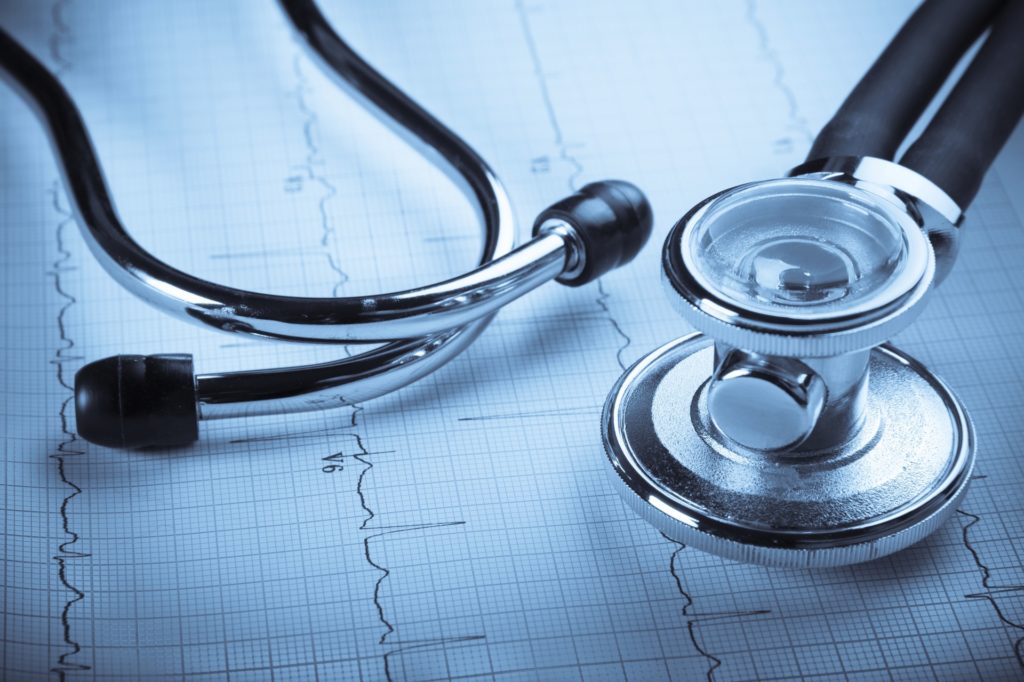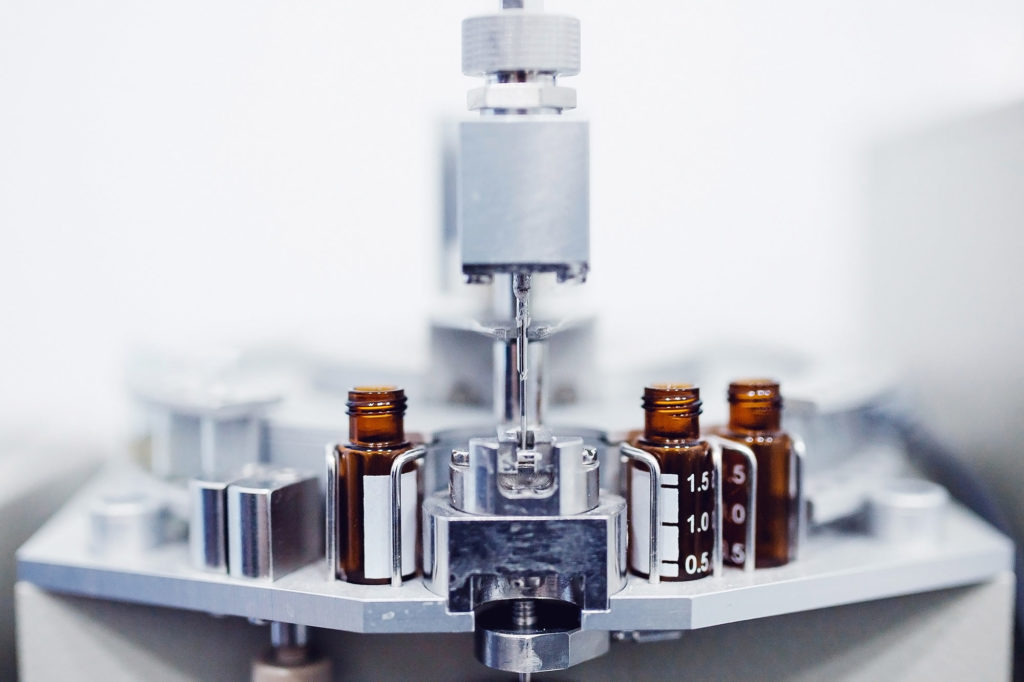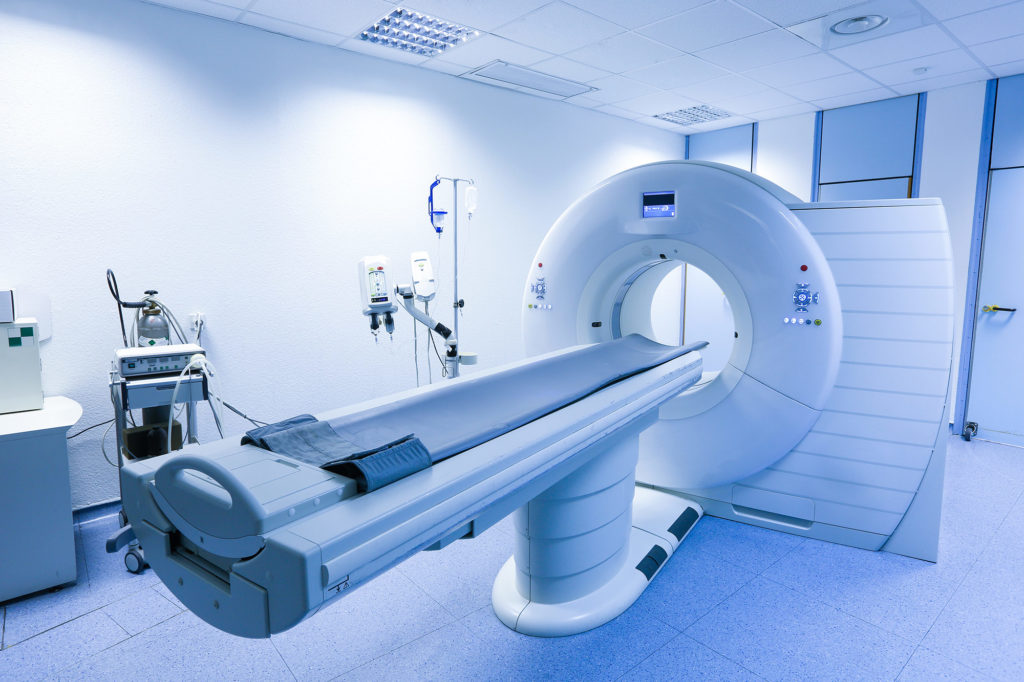
The Importance of Check-Ups: Early Diagnosis Saves Lives
Our health is the most valuable asset of our lives, and protecting it is possible through the power of early diagnosis. Modern medicine and technology enable the early detection and treatment of many diseases, with regular health check-ups and check-up programs serving as the starting point for this process. In this article, we will thoroughly explore why regular check-ups are so important, the positive effects of early diagnosis on health, and the advantages of identifying potential health issues beforehand.



The Vital Role of Early Diagnosis
- Cancer Treatment: Early diagnosis plays a critical role, especially in cancer treatment. Some types of cancer, such as breast, skin, prostate, and colorectal cancer, can be treatable and even curable when detected in the early stages.
- Heart Diseases: Heart disease is one of the leading causes of death worldwide. The early detection of signs like high blood pressure, high cholesterol, and arrhythmias can help reduce the risk of heart attacks or strokes with lifestyle changes and treatment.
- Diabetes Management: Early diagnosis of Type 2 diabetes can make a significant difference in managing the disease. Early intervention to control blood sugar can prevent the long-term complications of diabetes.
Early diagnosis, facilitated by regular check-ups and cutting-edge technology, is a critical strategy in the proactive management of health. It underscores the vital connection between preventive care and the use of technological advancements to detect and treat diseases at their onset.
The Importance of Check-Up Programs
Regular check-up programs are the cornerstone of personal health management. These programs can identify potential health issues at an early stage and allow for timely intervention and control.
- Blood Tests: Tests like complete blood count (CBC) and biochemistry panels provide essential information about anemia, infections, and liver and kidney functions.
- Imaging Techniques: Imaging techniques such as X-rays, ultrasounds, and MRIs give detailed information about the condition of internal organs and allow for the early diagnosis of abnormal conditions.
- Heart Health Tests: Heart health tests like ECG and stress tests help in the early detection of heart diseases and risk factors.
Technology and Early Diagnosis
Technological advancements further underscore the importance of early diagnosis. These advancements make treatment processes more effective and significantly improve patient care.
- Artificial Intelligence and Imaging: AI-supported imaging systems help radiologists detect abnormal findings faster and more accurately.
- Advanced Laboratory Tests: Genetic testing and biomarkers allow for more specific diagnoses of diseases and the creation of personalized treatment plans.
- Remote Health Monitoring: Wearable devices and remote monitoring technologies for the management of chronic diseases enable continuous health tracking and early detection of potential issues.

This comprehensive approach to health, combining regular check-ups, healthy lifestyle choices, and the utilization of technological advancements, empowers individuals to maintain and improve their health effectively. Remember, the lifesaving power of early diagnosis highlights the importance of the steps we take to protect and enhance our health. Early diagnosis is not just about combating a disease but also about embracing a proactive stance towards health maintenance and improvement.
